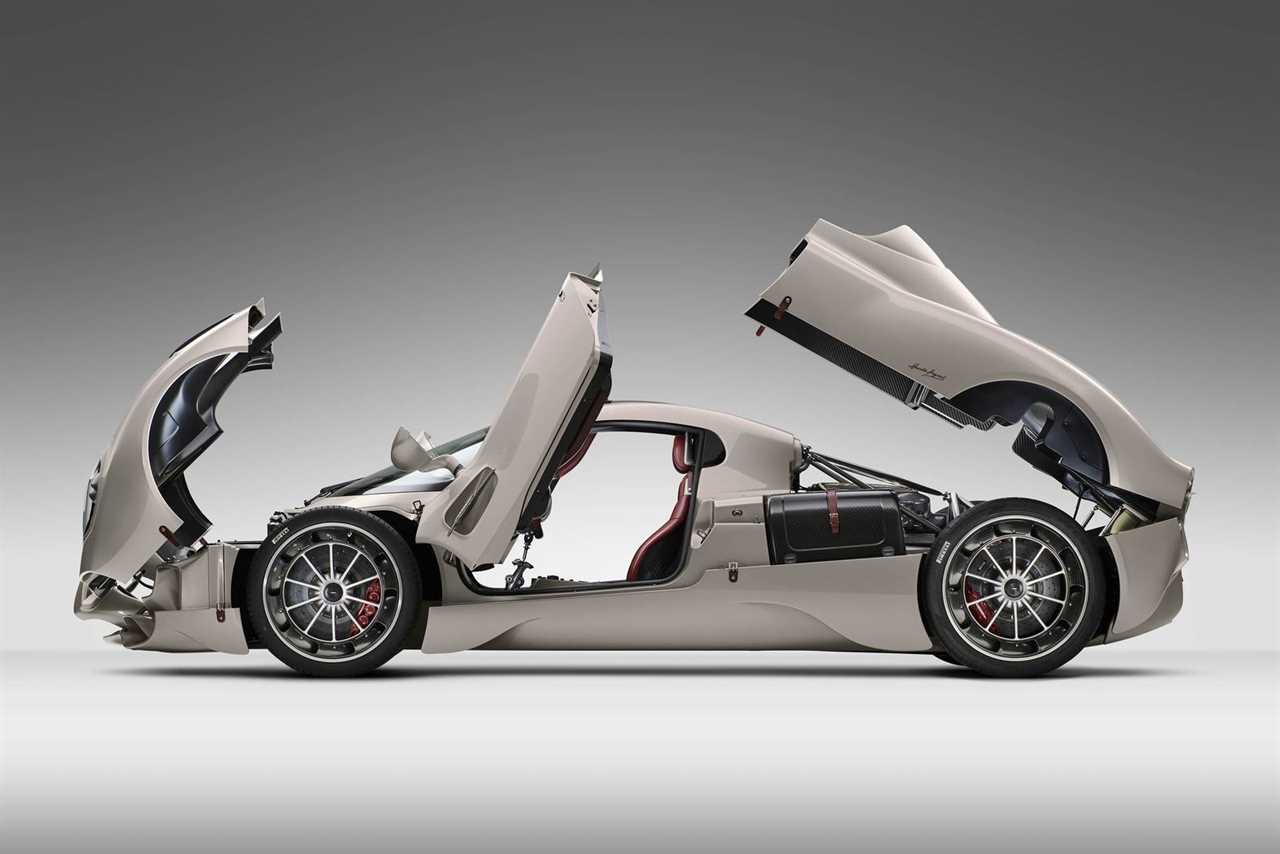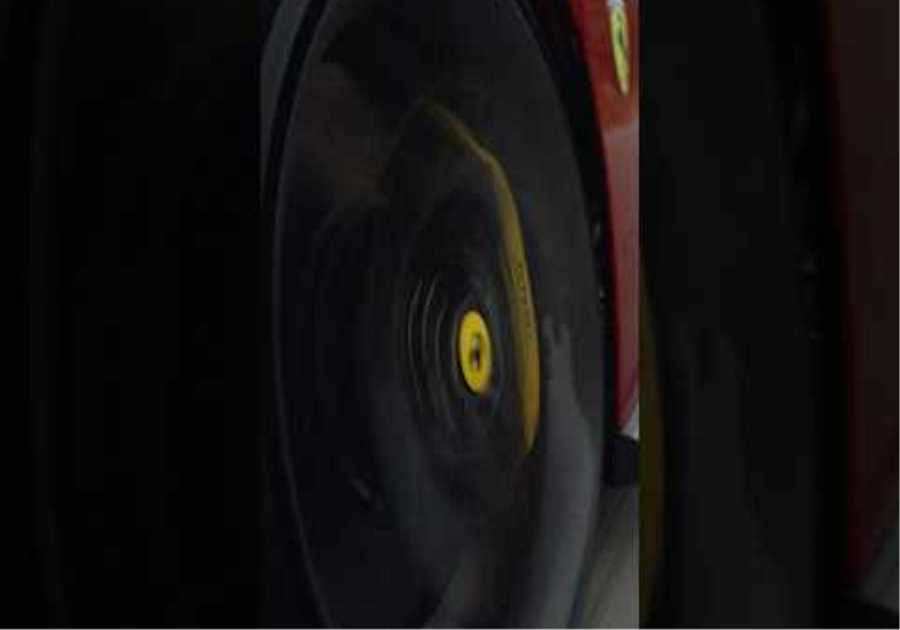
Numbers are no longer the top priority
Sure, your Porsche 992 GT3, equipped with a PDK, may be 0.5 seconds quicker to 60 mph (97 km/h) than the same car equipped with a manual, but a quick-shifting automatic does not always translate into a better driver’s car . Like people, car manufacturers go through certain periods. Call it adolescence if you will, but there was a time when a car’s top speed was the main boasting figure. This mentality spawned cars like the McLaren F1 and Bugatti Chiron as well as many others before it.
With that said, over the last 15 years or so, top speed is no longer the main figure, which determined how good a car was. It was its lap time around the Nurburgring’s Nordschleife. With this in mind, a car that has a quick-shifting automatic will shave precious seconds compared to an identical car with a manual transmission, especially on a racetrack like the Nordschleife, which has a bit of everything.
Why are manual transmissions coming back in high-performance vehicles?
As sophisticated as most modern automatics are, having a manual transmission and a third pedal allows for a level of control unmatched by even the best automatic units. While your average commuter will hardly appreciate that, there are still enthusiasts that prefer the stick shift for its simplicity and engagement.
In 2022, supercar manufacturers like Pagani and Koenigsegg decided to reintroduce the manual transmission in the supercar segment for the first time in over a decade. Both manufacturers threw in a gated shifter for good measure just to make us enthusiasts drool even more. The manual transmission has become something of an exclusivity just like Koenigsegg and Pagani’s latest offerings (at the time of writing this).
BMW’s failed attempt with the M5
Things, however, are very different once you go down the performance car food chain. Back in 2012, BMW decided to reintroduce the manual transmission for the F10 M5 model, but only for the North American market. Unfortunately, BMW’s attempt was little more than a botched-up fan service as the car simply wasn’t as good as the version equipped with the seven-speed DCT. To make matters worse, BMW charged extra for the slower manual, which didn’t sell all that well. 2016 was the last year you could get the BMW M5 with a manual.
BMW does still offer a manual transmission on the M2, M3, and M4, although you have to get the last two in non-competition trim in order to have it. Unlike Mercedes-Benz, which retires the manual transmission in 2023, BMW plans to keep the third pedal at least until 2028.Audi, meanwhile, has not offered manual-equipped models in the US market since 2019.
A specific market niche for manual vehicles
While manual car sales in the US have dropped by 90 percent since 1995, it is the manual-equipped cars that are the most sought-after on the enthusiast, used-car market. You only need to look at Ferrari F430 and Ferrari 599 prices, where in many cases, manual examples cost more than double their automatic counterparts. These are also the last Ferrari models to have the option of a six-speed manual (with a gated shifter) so they are, potentially, a good investment.
One thing you should not overlook is the nostalgia aspect of it. Car manufacturers are capitalizing on it with particular success in the performance car segment by offering “a pure driving experience”. Because of this, cars like the Toyota GR86 (with a manual) and the 2023 Nissan Z were fervently anticipated by enthusiasts. The Fairlady Z, in fact, was the main reason, the Toyota GR Supra is now available with a manual transmission.
BMW and other premium manufacturers will, likely, stop offering manual-equipped models at some point since they, largely, failed to capitalize on the perceived exclusivity of the third pedal. Meanwhile, manufacturers like Pagani, Koenigsegg, and Gordon Murray Automotive, which recently announced a third model, proved that they can play that card longer than most. While not very likely, this may prompt manufacturers like Ferrari and Lamborghini to come up with special, heritage-edition, models that feature a third pedal and the obligatory, for any exotic, gated manual shifter.






